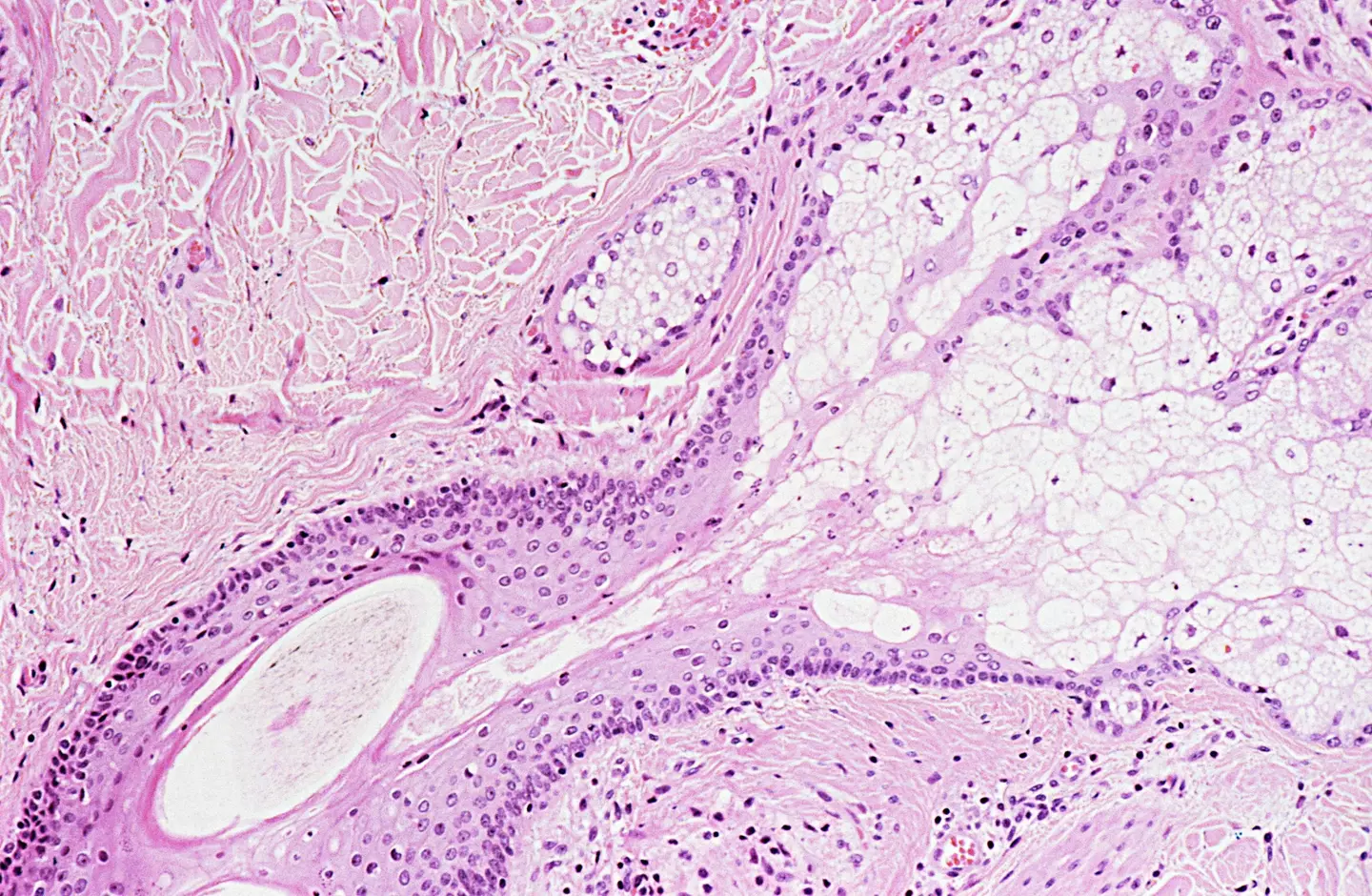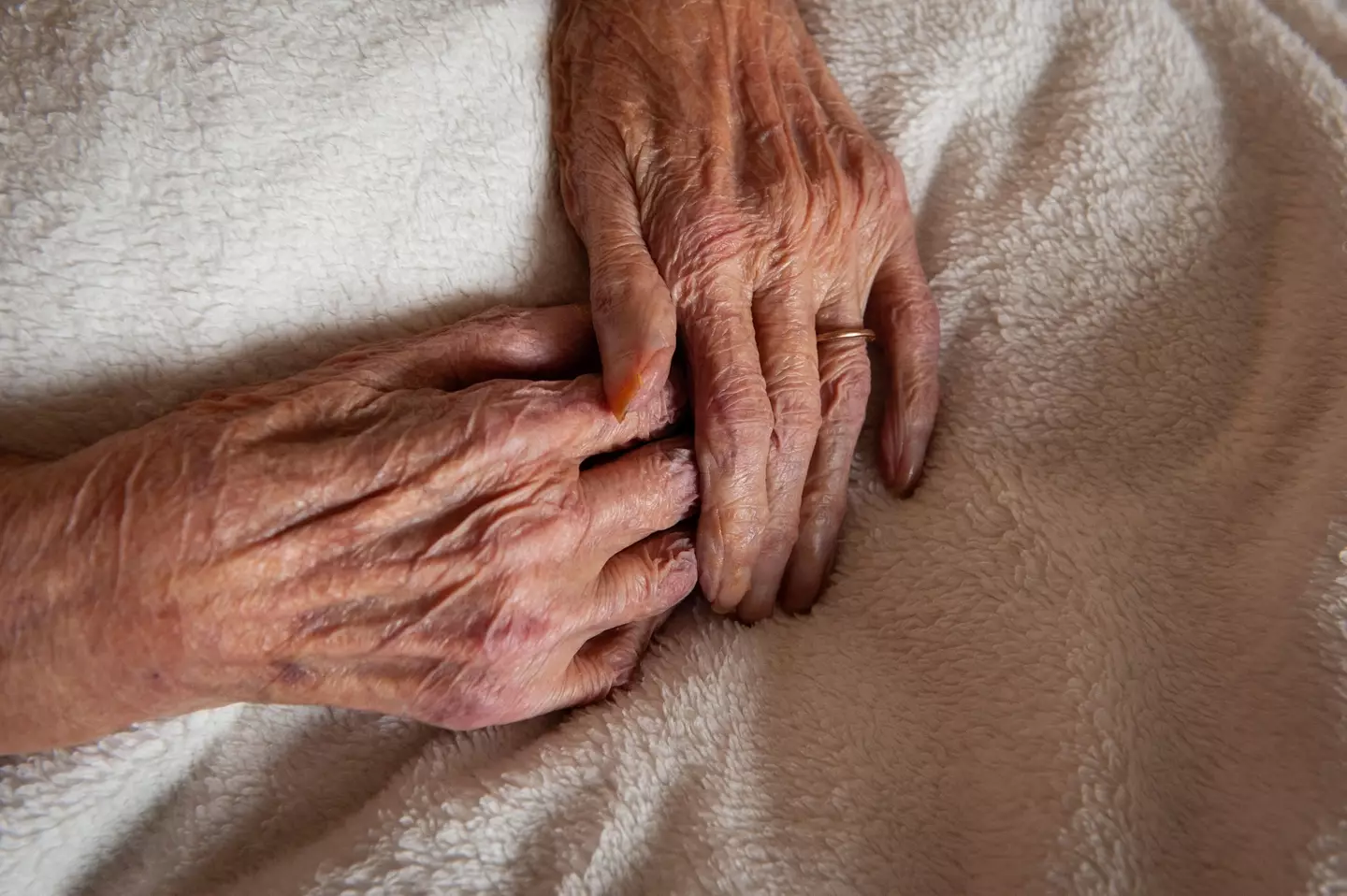.png)
Scientists have developed an ‘exciting’ new method to reverse ageing in human skin cells by up to 30 years, which they say is the longest ‘re-programming’ technique ever achieved.
In a new study, published in eLife, the team of researchers revealed how they were able to partly restore the function of older cells, while also renewing the biological age.
In trials that simulated a skin wound, the team found that the partially rejuvenated cells showed signs of behaving more like youthful cells.
The experts at the Babraham Institute developed the first ‘maturation phase transient reprogramming’ (MTPR), where ‘reprogramming factors are expressed until this rejuvenation point followed by withdrawal of their induction’.
Advert
The authors wrote: “The magnitude of rejuvenation instigated by MTPR appears substantially greater than that achieved in previous transient reprogramming protocols.
“In addition, MPTR fibroblasts produced youthful levels of collagen proteins, and showed partial functional rejuvenation of their migration speed.”

While the research is still in its early stages, scientists believe the findings could help revolutionalise regenerative medicine, particularly if the approach can be replicated in other cell types.
Professor Wolf Reik, a group leader in the Epigenetics research programme who has recently moved to lead the Altos Labs Cambridge Institute, said: "This work has very exciting implications.
Advert
"Eventually, we may be able to identify genes that rejuvenate without reprogramming, and specifically target those to reduce the effects of ageing.
"This approach holds promise for valuable discoveries that could open up an amazing therapeutic horizon."
The team explained how ageing is the gradual decline in ‘organismal fitness’, which occurs over time and leads to tissue dysfunction and disease.

At the cellular level, ageing is associated with ‘reduced function, altered gene expression and a perturbed epigenome’.
Advert
Regenerative biology aims to repair or replace cells, including old ones, with one of the most important tools being to create ‘induced stem cells’. However, this wipes the cells of their function, in turn giving them the potential to become any type of cell.
The new method, which is based on Nobel Prize-winning technique used to make stem cells, solves the problem by simply erasing cell identity through reprogramming part of the way through the process.
Dr Diljeet Gill, a postdoctoral researcher in Prof Reik’s lab at the Babraham Institute - who conducted the work as a PhD student - added: “Our results represent a big step forward in our understanding of cell reprogramming.
“We have proved that cells can be rejuvenated without losing their function and that rejuvenation looks to restore some function to old cells.”
He added: “The fact that we also saw a reverse of ageing indicators in genes associated with diseases is particularly promising for the future of this work.”
Topics: Science, World News